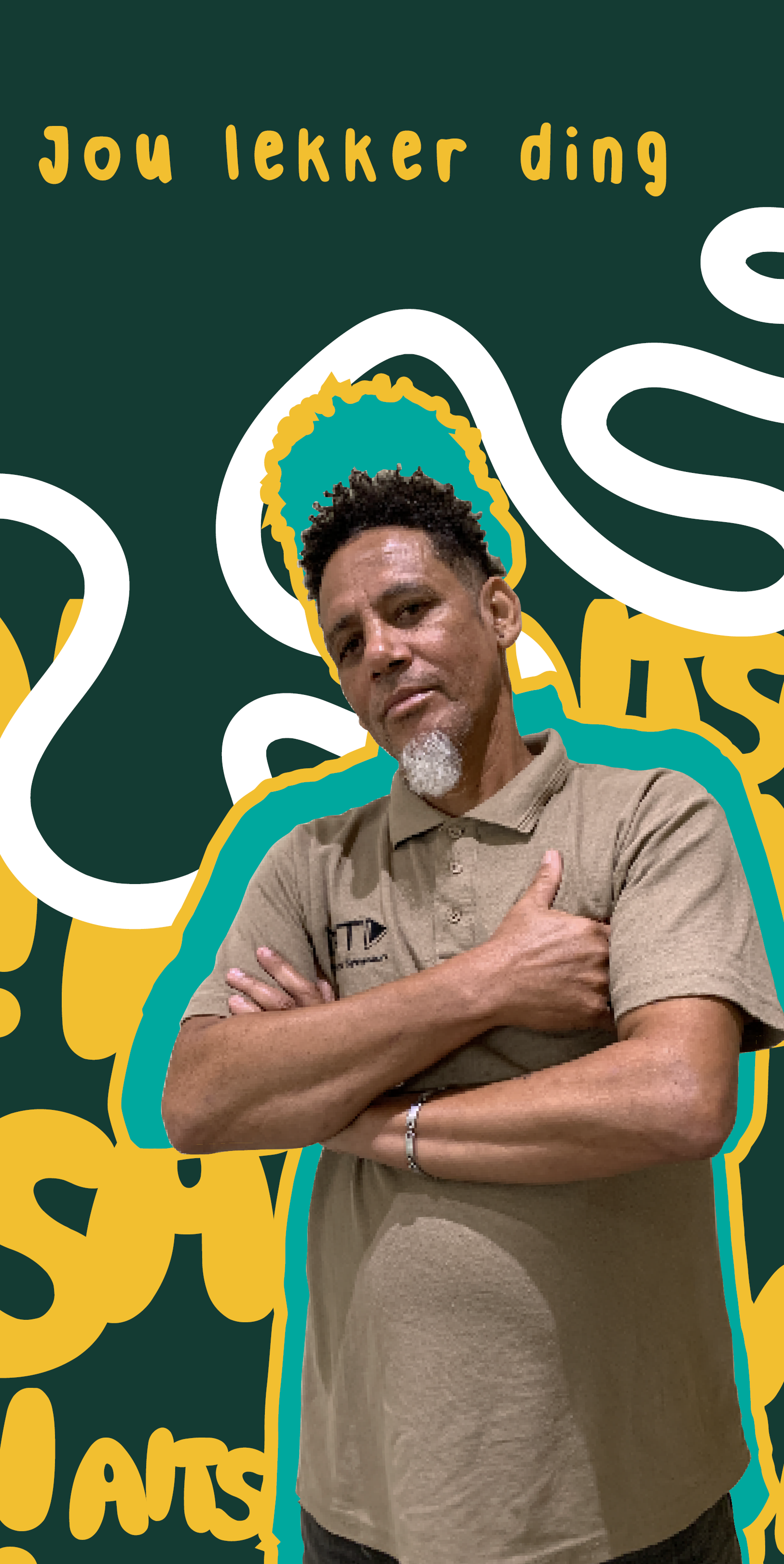
When it comes to building a more robust economy, accelerating recovery, and fostering inclusive growth, the ||Kharas Region continues to play a key role, with major projects on the horizon such as green hydrogen, oil and gas, and the second phase of the Neckartal Dam.
According to the governor of the region, Gaob Dawid Gertze, these developments have instilled hope among the residents. In his recent State of the Region Address, Gertze reported that government has made progress in the development of the second phase of the Neckartal Dam project. “The consultant responsible for the design will be appointed in due course. The government is aiming to secure approximately 12 000 hectares of land for the Phase 2 Irrigation Development. We are optimistic about the impact this project will have on our region. This critical initiative is expected to generate 11 000 employment opportunities,” he said.
Gertze also highlighted that the ||Kharas Regional Office received 58 farm sale offers during the 2024/2025 financial year, with a combined area of 521 000 hectares. “One farm – Portion 2 and Portion 3 – was acquired in the ||Kharas Region for the Neckartal Dam Irrigation Project,” he noted. Gertze further called for a sector-wide dialogue to fully explore the opportunities presented by the Neckartal Dam. “Neckartal is a sleeping giant. It is the largest dam in Namibia, with the potential to transform not just this region but the entire nation. It’s not just water in a reservoir – it’s our hope for a better tomorrow for our indigenous communities living in the desert. It represents jobs on the horizon and untapped wealth. Once unlocked, we’ll see hunger disappear from our households,” he said. Gertze added, “Namibia possesses abundant agricultural potential, enough not only to eliminate the need for food imports but also to position us as a regional breadbasket. With our vast resources, we should be exporting food to our neighbours, not depending on external supplies.”
He also welcomed the development of green hydrogen as a critical driver of growth, particularly for Lüderitz and surrounding areas. While acknowledging the potential of the oil and gas sector, Gertze pointed out that the region currently lacks the economic capacity to capitalise on it. He called for broader consultations to ensure that local communities are meaningfully involved in the opportunities the industry presents. “This beneficiation must not remain political jargon. It must translate into tangible benefits for the citizens of this region,” he said.
According to the governor of the region, Gaob Dawid Gertze, these developments have instilled hope among the residents. In his recent State of the Region Address, Gertze reported that government has made progress in the development of the second phase of the Neckartal Dam project. “The consultant responsible for the design will be appointed in due course. The government is aiming to secure approximately 12 000 hectares of land for the Phase 2 Irrigation Development. We are optimistic about the impact this project will have on our region. This critical initiative is expected to generate 11 000 employment opportunities,” he said.
Gertze also highlighted that the ||Kharas Regional Office received 58 farm sale offers during the 2024/2025 financial year, with a combined area of 521 000 hectares. “One farm – Portion 2 and Portion 3 – was acquired in the ||Kharas Region for the Neckartal Dam Irrigation Project,” he noted. Gertze further called for a sector-wide dialogue to fully explore the opportunities presented by the Neckartal Dam. “Neckartal is a sleeping giant. It is the largest dam in Namibia, with the potential to transform not just this region but the entire nation. It’s not just water in a reservoir – it’s our hope for a better tomorrow for our indigenous communities living in the desert. It represents jobs on the horizon and untapped wealth. Once unlocked, we’ll see hunger disappear from our households,” he said. Gertze added, “Namibia possesses abundant agricultural potential, enough not only to eliminate the need for food imports but also to position us as a regional breadbasket. With our vast resources, we should be exporting food to our neighbours, not depending on external supplies.”
He also welcomed the development of green hydrogen as a critical driver of growth, particularly for Lüderitz and surrounding areas. While acknowledging the potential of the oil and gas sector, Gertze pointed out that the region currently lacks the economic capacity to capitalise on it. He called for broader consultations to ensure that local communities are meaningfully involved in the opportunities the industry presents. “This beneficiation must not remain political jargon. It must translate into tangible benefits for the citizens of this region,” he said.

















